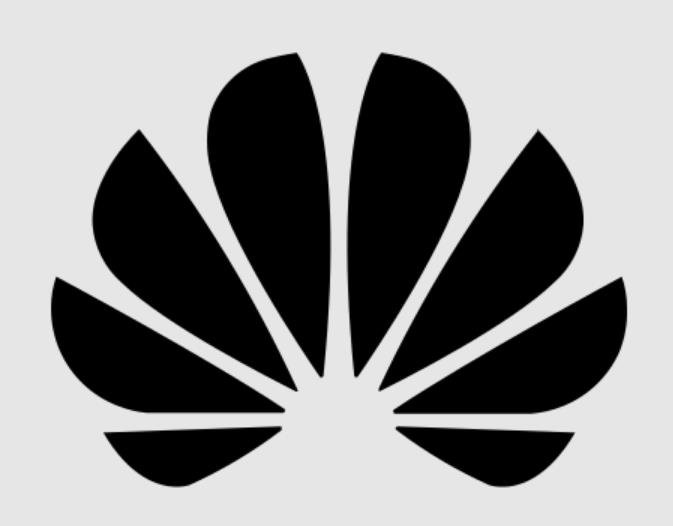Nigeria’s increasing reliance on Chinese technology, particularly from Huawei, has sparked a complex debate about the benefits and risks associated with this dependence. Huawei’s aggressive expansion into Nigeria’s banking sector, offering cost-effective and innovative solutions, has been met with both enthusiasm and caution. While the technological advancements promise to modernize Nigeria’s financial infrastructure, concerns about data security, political influence, and economic sovereignty loom large. This article explores the multifaceted implications of Nigeria’s growing technological dependence on China, focusing on the banking sector.

Economic Advantages and Technological Advancements
Huawei’s entry into the Nigerian market has brought significant economic benefits. The company’s competitive pricing and advanced technology solutions have enabled Nigerian banks to modernize their operations at a lower cost. For instance, Huawei’s cloud services and storage solutions have provided banks with scalable and efficient alternatives to traditional systems, reducing operational expenses and enhancing service delivery.
Moreover, Huawei’s commitment to training local talent in cutting-edge technologies has created new job opportunities and fostered skill development. This investment in human capital is crucial for Nigeria’s long-term economic growth, as it builds a workforce capable of supporting and sustaining technological advancements.
Additionally, the partnership with Huawei has facilitated the digital transformation of Nigeria’s banking sector. Banks can now offer more sophisticated digital services, improving customer experience and expanding financial inclusion. The adoption of advanced technologies such as artificial intelligence and blockchain has also enhanced the security and efficiency of banking operations.
Data Security and Sovereignty Concerns
Despite the economic benefits, the reliance on Huawei’s technology raises significant data security concerns. Given Huawei’s close ties to the Chinese government, there are fears that sensitive financial data could be accessed or manipulated for political purposes. This potential vulnerability poses a risk to Nigeria’s national security and the integrity of its financial system.
Furthermore, the dependence on foreign technology can undermine Nigeria’s economic sovereignty. Relying heavily on a single foreign provider for critical infrastructure makes the country susceptible to external pressures and influence. In the event of geopolitical tensions, Nigeria’s financial stability could be compromised if access to essential technologies is restricted or disrupted.
The lack of transparency in Huawei’s operations also exacerbates these concerns. Without clear oversight and regulatory frameworks, it is challenging to ensure that data privacy and security standards are upheld. This uncertainty can erode trust in the banking system and deter both domestic and international investors.
Balancing Innovation and Independence
To mitigate the risks associated with technological dependence, Nigeria must strike a balance between embracing innovation and maintaining independence. Strengthening regulatory frameworks and enhancing oversight mechanisms are essential steps in this direction. By establishing stringent data protection laws and ensuring compliance, Nigeria can safeguard its financial system against potential threats.
Investing in local technology development is another crucial strategy. By fostering a robust domestic tech industry, Nigeria can reduce its reliance on foreign providers and build a more resilient and self-sufficient economy. Encouraging public-private partnerships and supporting startups can drive innovation and create a competitive technological landscape.
Additionally, diversifying technology partnerships can help mitigate risks. Collaborating with multiple international providers can reduce dependency on any single entity and enhance the resilience of Nigeria’s financial infrastructure. This approach can also promote healthy competition, driving down costs and improving service quality.








